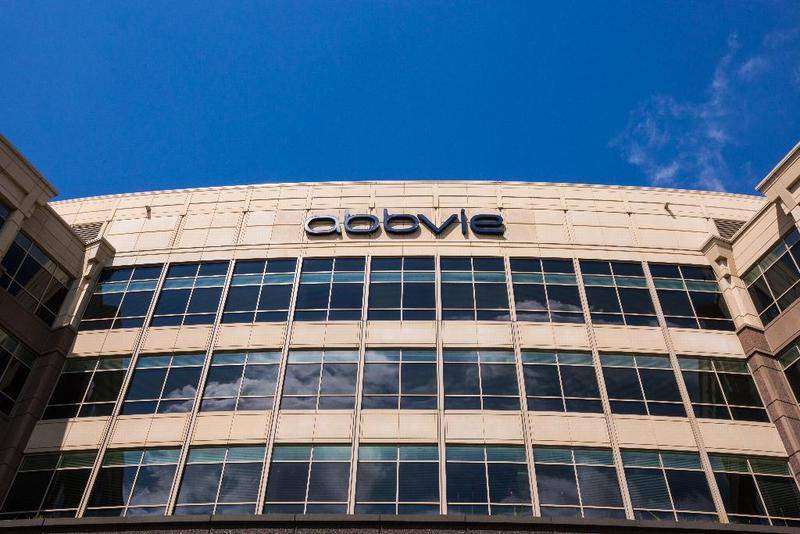
AbbVie has signed an exclusive strategic collaboration and option agreement with gene therapy firm Voyager Therapeutics for the development and commercialisation of new treatments for neurodegenerative diseases, including Alzheimer’s disease.
The firms will develop gene therapies containing vectors to deliver monoclonal antibodies directed against the tau protein, the accumulation of which leads to impaired brain function and neuronal cell loss.

Discover B2B Marketing That Performs
Combine business intelligence and editorial excellence to reach engaged professionals across 36 leading media platforms.
They aim to leverage Voyager’s gene therapy platform to formulate a potential one-time therapy that will minimise tau by delivering an AAV vector antibody, which will encode the genetic instructions to generate anti-tau antibodies inside the brain.
AbbVie pharmaceutical discovery vice-president Jim Sullivan said: “Voyager’s vectorized antibody platform presents an innovative approach to addressing challenges in treating neurological disorders associated with the administration of biologic therapies.
“This collaboration has the potential to address the needs of patients who live with conditions such as Alzheimer’s disease, progressive supranuclear palsy and frontotemporal dementia.”
The agreement will see an upfront cash payment of $69m to Voyager, along with up to $155m in potential preclinical and Phase I option payments.

US Tariffs are shifting - will you react or anticipate?
Don’t let policy changes catch you off guard. Stay proactive with real-time data and expert analysis.
By GlobalDataVoyager is also eligible for up to $895m development and regulatory milestones payments for each vectorised tau antibody compound and tiered royalties on the net sales of the antibodies for tauopathies.
The research and preclinical development of the vectorised antibodies will be carried out by Voyager, while AbbVie holds an option to advance one or more of these antibodies into studies to support an investigational new drug (IND) application and later clinical development.
Voyager will conduct and bear the costs for research, IND-enabling and Phase I studies activities, after the completion of which AbbVie may licence the vectorised tau antibody programme and be responsible for the further clinical development and global commercialisation of tauopathies.




